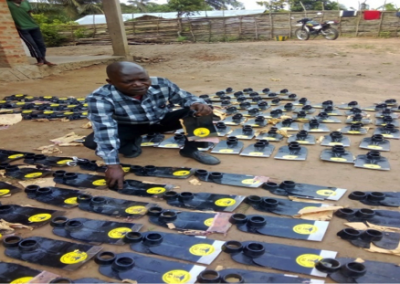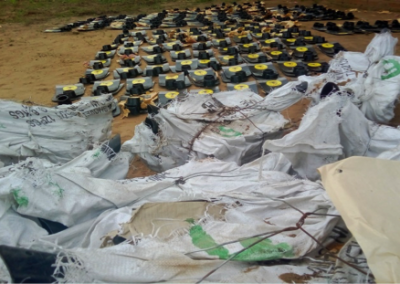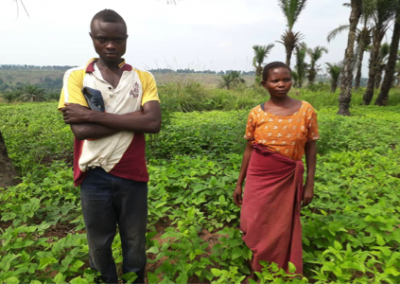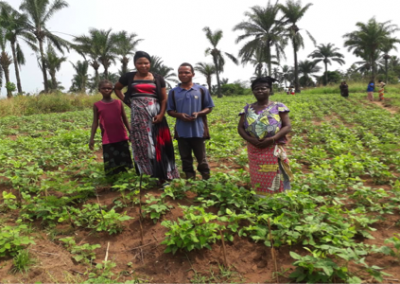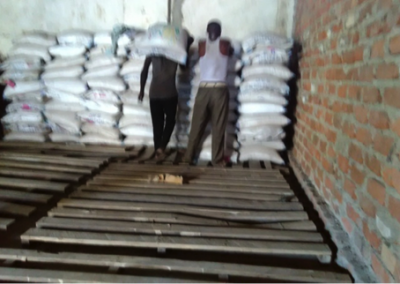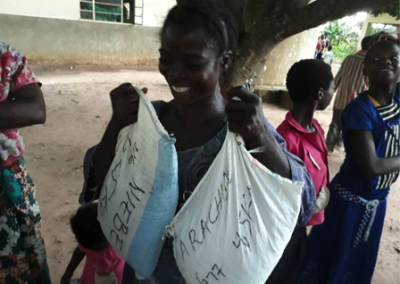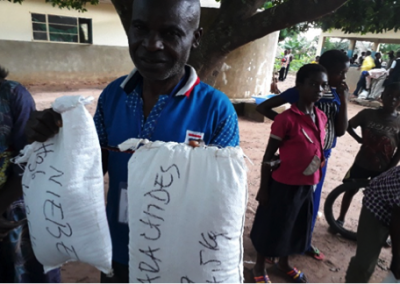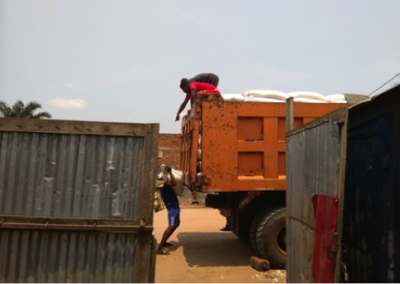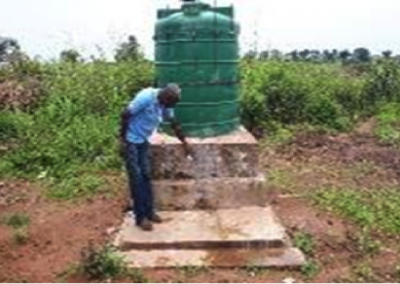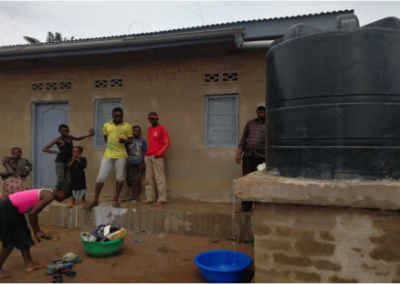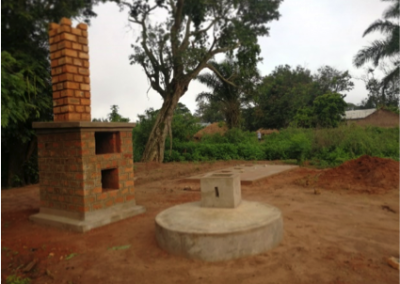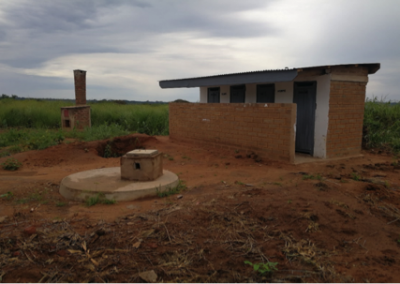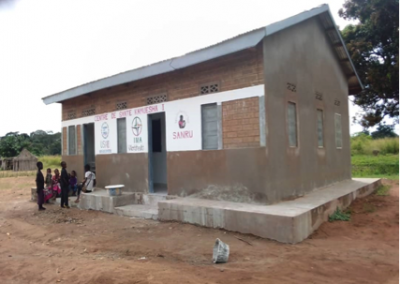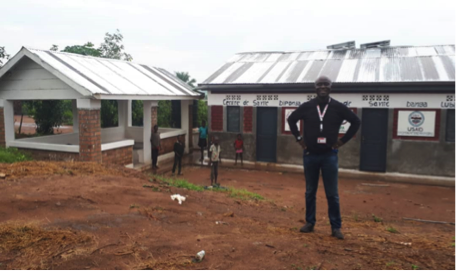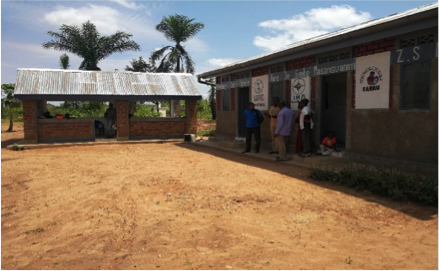Greater Kasai Health Care and Food Security Recovery Plan
in the democratic republic of congo
Addressing key challenges in health care and food security resulting from conflicts in Kasai and Kasai Central provinces of DRC
Health Care and food security in the kasai
The Greater Kasai Health Care and Food Security Recovery Plan project aimed to address key challenges in health care and food security resulting from conflicts in Kasai and Kasai Central provinces of DRC. Building on the critical investments of the USAID/OFDA previously funded project, Health Care Services for Vulnerable Populations and Internally Displaced Persons in the Kasais. The Greater Kasai Health Care and Food Security Recovery Plan supported key areas for recovery and resilience–health care, water, sanitation, and hygiene (WASH), and food security in the previously supported health areas as well as 96 previously unsupported health areas. This project was scheduled to end July 22, 2019 but IMA was granted two successive no cost extensions through December 2019 and March 31, 2020.
Implementation Period
July 23, 2018 to March 31, 2020
Duration
20 months
Project Cost
—
Donor
USAID’s Office of Foreign Disaster Assistance
960,182 outpatient consultations were faciliated during the project.



Number of health facilities that were rehabilitated by the project.
Number of children less than one year of age vaccinated against measles.
Number of farming households that experienced an increase in food production capacity, consequently improving the food security status of 72,000 people.
Improved WASH services in rehabilitated health facilities

placenta pits
incinerators
latrines
cisterns
These cisterns can hold up to 12,000 liters per water point.
36,428 kgs of corn
40,954.5 kgs of peanut
Increased access to agricultural inputs including high quality seeds for 9,000 households affected by conflict.
111 tons of SENAMEN certified high-quality seeds distributed
Agricultural tools including, hoes and shovels, and hermetic bags for safe seed storage were also distributed to targeted beneficiaries.

38,704.75 kgs of cowpea

293 kgs of amaranth
Map
targeted Provinces
This project took place in 105 targeted health areas in the provinces of Kasai and Kasai Central.
gallery of project activities
Partners
IMA, with local partnerSANRU, restored the functionality of health facilities burned and/or looted during violence by renovating damaged buildings and infrastructure and replacing lost equipment. The program contributed to building financial sustainability in the health system and reduced burden on already vulnerable populations, with a gradual transition back to user fees for health services. It provided free health care to children under five, pregnant women, lactating mothers and the disabled. Additionally, working with implementing partner Project for Development in the East Kasai, or PRODEK, the program supported vulnerable households facing food insecurity by assisting families to start producing food as quickly as possible, focusing on increasing the ability to preserve yields and avoiding unnecessary grain losses.



PRODEK
Learn more about phase 1 of the kasai humanitarian response
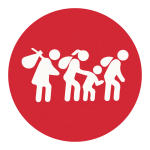
Humanitarian Response
Health Care Services for Vulnerable Populations and Internally Displaced Persons – September 2019 (English version) (version française)
In the Kasai crisis response, a priority on local health services – June 2018 (news article)
QUICK CONTACTS
Recent Posts
Implant Method in DRC: A Family Planning Success Story
Spreading the Word about the Implant Method in DRC.News is spreading about the implant method in DRC. The families featured in this article are partly to thank. The stories below are just a snapshot of the impact the implant has made on the lives of families using the...
Implants Create Opportunity in DRC: A Family Planning Success Story
Julienne is one of the many women we celebrate during International Women’s Month. She is a shining example of how implants create opportunity in DRC. She is a 43-year-old mother of four and a force to be reckoned with! Julienne and her husband had three children when...
Safe Delivery App Helps Health Workers Respond To Emergencies In DR Congo
Dr. Nancy Bolan knows how important it is for health workers to have up-to-date information when responding to a maternal or newborn emergency at a clinic in the Democratic Republic of Congo. While serving as a deputy country director for IMA World Health in DRC from...



